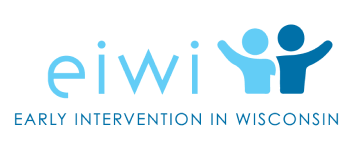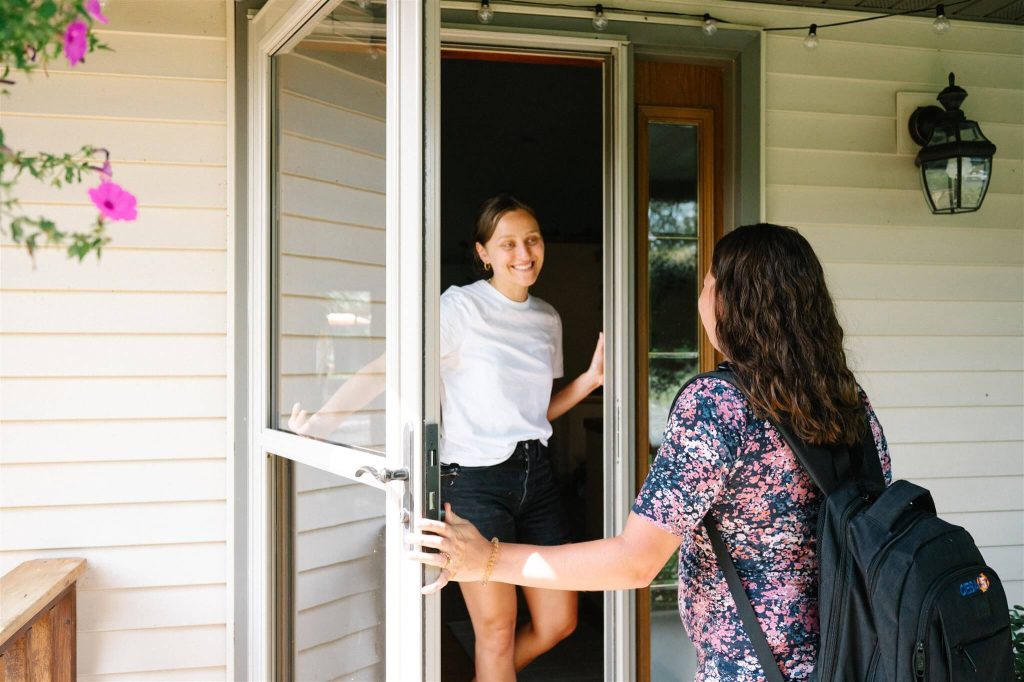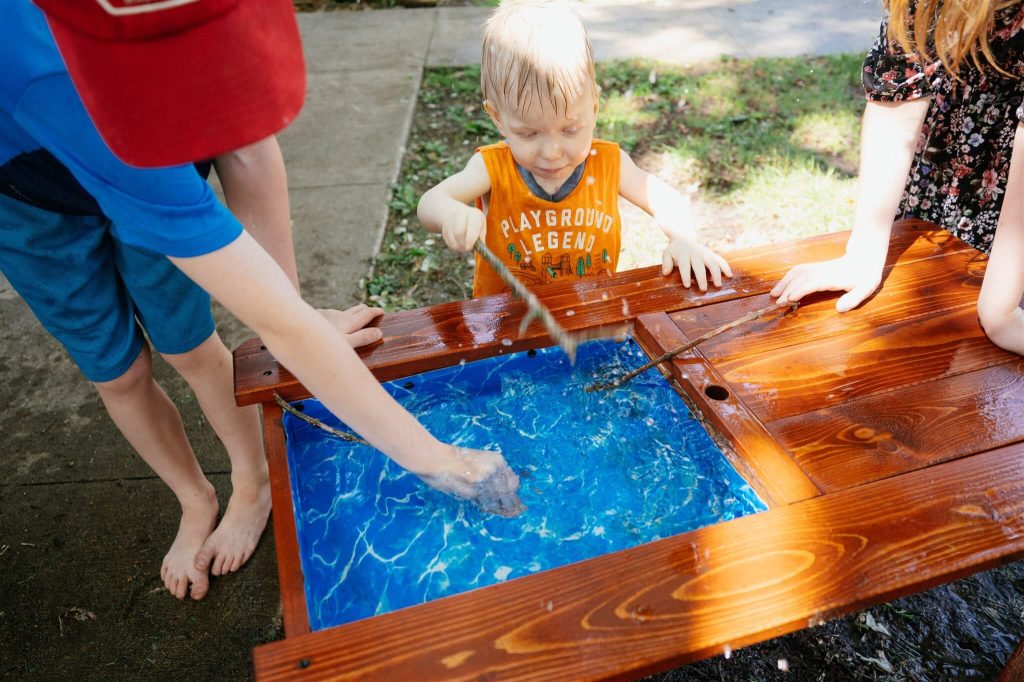Resources to support the development of the Individualized Family Service Plan
An Individualized Family Service Plan (IFSP) is a comprehensive plan of action designed to meet the unique needs of an infant or toddler with developmental delays or disabilities and their family. The plan is created through a team approach, with input from the child’s family, caregivers, healthcare providers, and early intervention professionals. The plan outlines the individualized services, supports, and outcomes that will be provided to the child and their family, and is monitored and updated regularly. The goal of the IFSP is to ensure that the child’s needs are met and that they reach their fullest potential.
Homegrown Resources
IFSP Outcomes Bundle: RESource developed a collection of resources to support quality IFSP outcomes in the Wisconsin Birth to 3 Program Various Individual or Team Activities: Self-paced
Birth to 3 Program Operations Guide (Chapter 9: Individualized Family Service Plans): The Birth to 3 Program Operations Guide clarifies the program’s purpose and requirements and captures the relevant policies and procedures needed for local agencies to operationalize the program. Guide – Read time for section: 15-20 minutes
State IFSP and IFSP Instructions on the DHS Birth to 3 Program forms page. Form and Instructional Guidance: Self-paced
National Resources
DEC Recommended Practices (Family: pgs 10-11): The Division for Early Childhood (DEC) Recommended Practices provide guidance to practitioners to help bridge the gap between research and practice by highlighting those practices that have been shown to result in better outcomes for young children with disabilities, their families, and the personnel who serve them. Practice Guide – Read time for section: 5 minutes
The Early Intervention / IFSP Process: Document developed by the Early Childhood Technical Assistance (ECTA) Center that provides an example of steps in the early intervention process including identification and referral, intake and family assessment, child evaluation and assessment, IFSP development, service delivery, and transition. Practice Guide – Read time: 5 minutes
Enhancing Recognition of High Quality, Functional IFSP Outcomes: This training activity was created by the Early Childhood Technical Assistance (ECTA) Center to support participants’ understanding of the criteria needed to develop and write high-quality participation-based Individualized Family Service Plan (IFSP) outcomes. Team Activity – Self-paced
Tips and Techniques for Developing Participation-Based IFSP Outcome Statements: This resource, available from the Family Infants and Preschool Program (FIPP) at https://fipp.ncdhhs.gov/publications-products/case-publications/briefcase/ contains tips, tools, techniques, and examples to assist early interventionists in understanding how to write family-centered IFSP outcome statements. Article – Read time: 15 minutes
Doughnuts with Di: More is Better – Frequency, Intensity and Duration: Recorded presentation by Leann Yung that discusses the considerations regarding how much service is appropriate in early intervention. Video presentation – Watch time: 90 minutes




